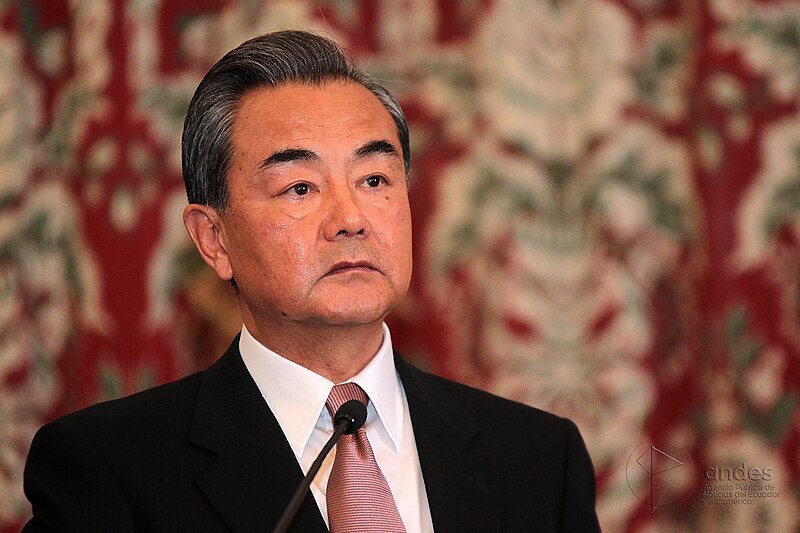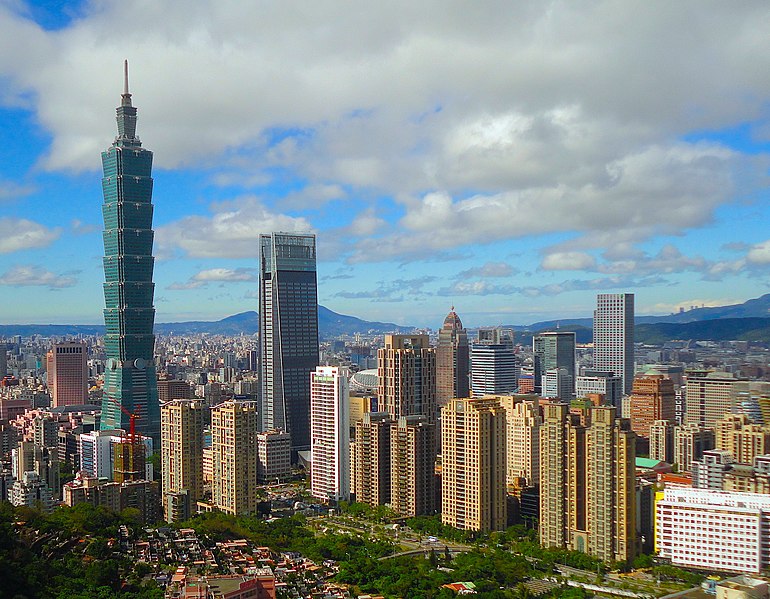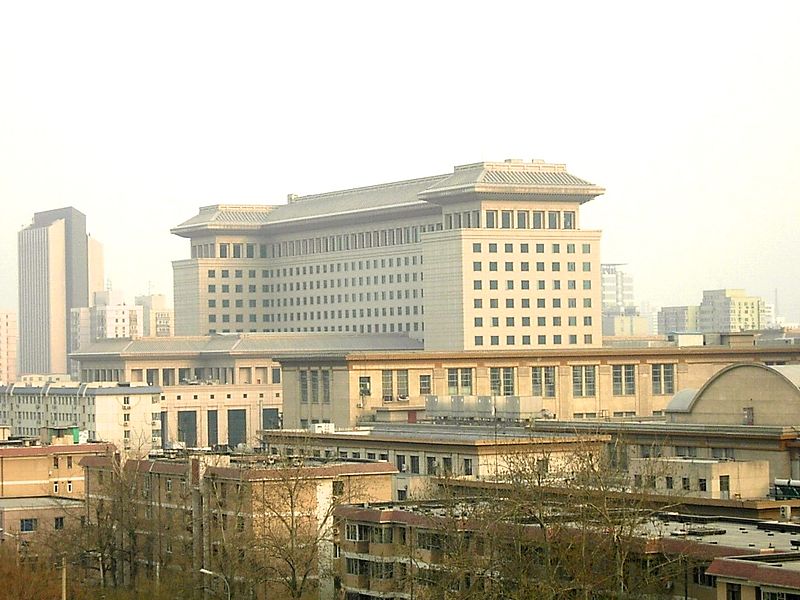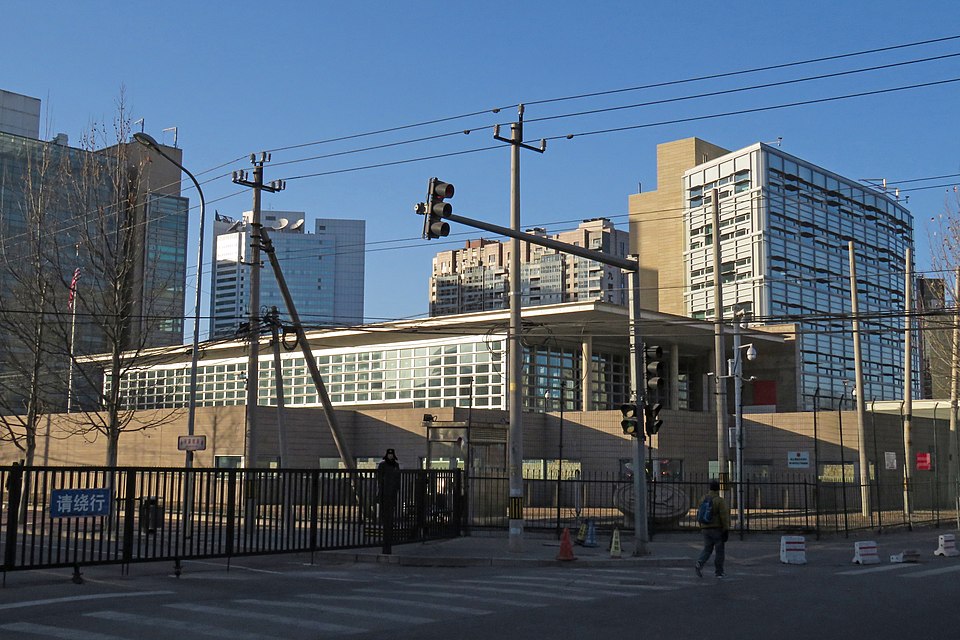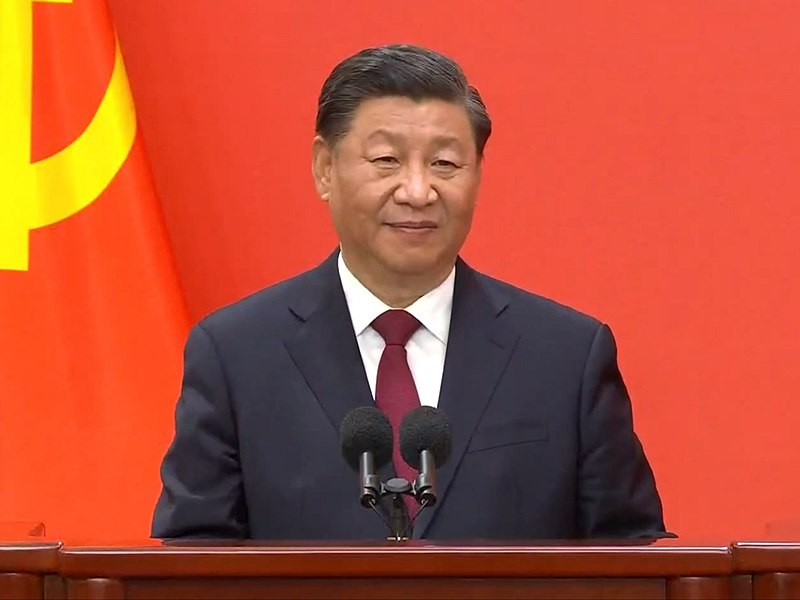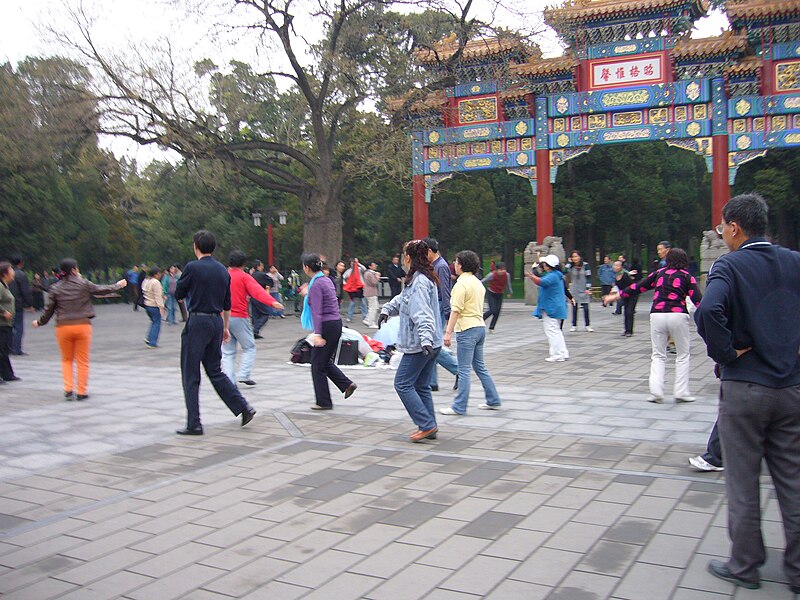
China witnessed an accelerated decline in its population last year, marking the first drop in six decades. According to the Beijing Statistics Bureau, the People's Republic had 1.41 billion people
at the end of December, a decrease of 2.08 million compared to the previous year. In 2022, China had already seen a population reduction of 850,000.
The decline is attributed to a decrease in the number of births, signaling challenging demographic trends. Only 9.02 million babies were born in the past year, a reduction from the projected 9.56 million in 2022.
Concurrently, the number of deaths increased from 10.41 million to 11.1 million, possibly due to the relaxation of strict Covid-19 measures at the end of 2022.
China has been grappling with a prolonged decrease in birth rates and an aging population, with the effects of the historical one-child policy becoming increasingly evident. The policy, implemented for decades to combat overpopulation, was relaxed in 2016, leading to a temporary rise in birth rates. Couples have been allowed to have three children since 2021. Experts attribute the demographic challenges to high costs for housing, education, and healthcare and a declining willingness among people to get married.
The last time China experienced a population decline was in the 1960s, notably in 1961, following the severe famine resulting from the "Great Leap Forward" industrialization campaign. The population last grew in 2021, with an increase of 450,000 people.
Economic Concerns In tandem with demographic concerns, the Chinese economy is facing challenges. The Chinese statistics agency reported a modest growth forecast of 5.2 per cent for 2023, marking one of the lowest levels in three decades, excluding the Covid-19 period. Beijing's growth target was around 5 per cent, impacted by weak global demand, a real estate market crisis, and sluggish domestic consumption.
Key economic indicators underscored the challenges, with retail sales growing by 7.4 per cent year on year in December, lower than the 10.1 per cent increase in November, and disappointing analysts' expectations of an 8 per cent growth. Industrial production slightly increased from +6.6 per cent in November to +6.8 per cent in December, while the unemployment rate increased from 5 to 5.1 per cent.
Despite the economic strain imposed by continuing Covid-19 measures in 2022, gross domestic product grew by 3 per cent. It is anticipated that these measures will no longer be in force in 2023, with the growth forecast for 2024 expected to be announced during the annual meeting of the People's Congress in March. Photo by Pvt pauline, Wikimedia commons.

